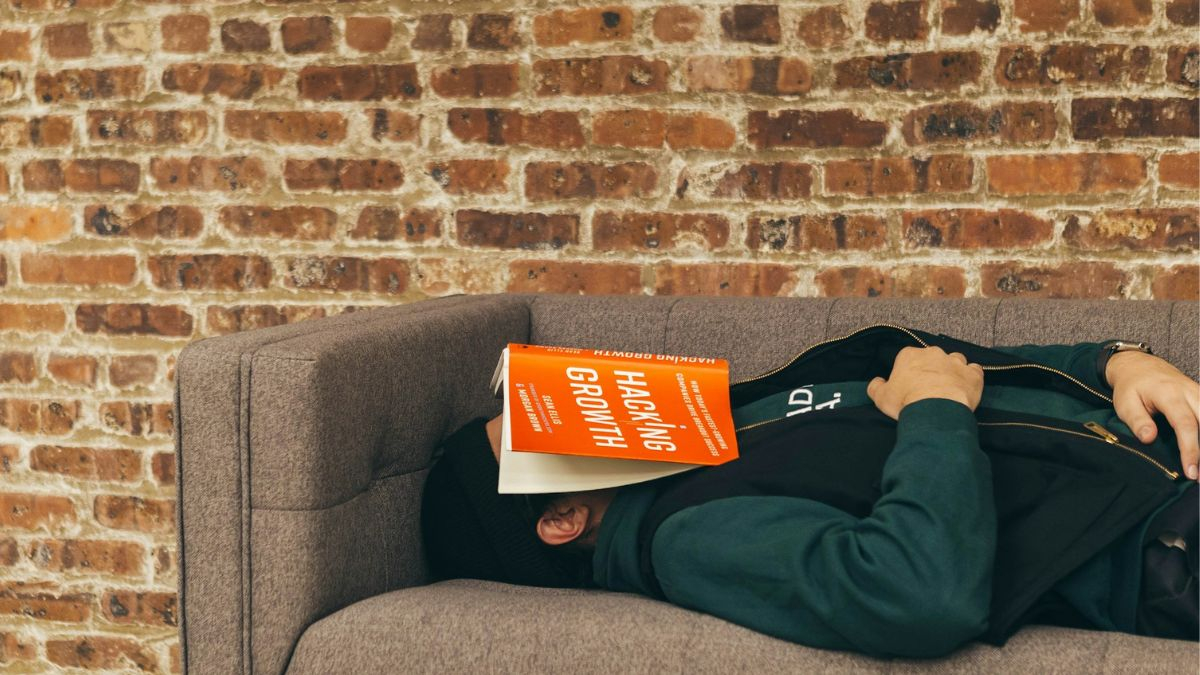If you don’t pay your student loans on time or you don’t pay at all, your loan will eventually go into default. This default status will be reported to national credit reporting agencies which may lead to credit rating damage and inability to access loans in the future. However, your student loan can be discharged in the case of bankruptcy after you have filed a separate action known as an “adversary proceeding”.
Failure to Repay the Federal Student Loans
The federal government introduced student loans to help students financially. However, when you do not adhere to the payment rules of this loan, it may result in serious consequences. It is important to make payment on the due date.
The first day after the due date, your loan becomes past due, or delinquent, and stays that way until you make a payment, change repayment plans, or make other arrangements such as deferment or forbearance.
After 90 days, your loan servicer will report delinquency to the three major national credit bureaus. During this period, if your loan is not paid, it might go into default. At this point, you can call or notify the organization to explain your situation and make repayment arrangements to resolve the default quickly.
Consequences of Default
- Loss of deferment or forbearance eligibility and other benefits.
- You will lose the right to get other loans in the future.
- It damages your credit rating affecting your car or house purchasing ability and getting credit cards.
- Treasury Offset; withholding tax refunds and federal benefits payments and using them to repay your defaulted loan.
Does bankruptcy clear Student Loan Debt?
If you file for bankruptcy, it must be in a situation whereby payment of the loan would bring great hardship to you. This will be decided in an adversary proceeding in bankruptcy court. The court will ensure the following;
- You would be unable to maintain a minimal standard of living if you are forced to repay the loan.
- There is evidence that this hardship will continue for a significant portion of the loan repayment period.
- You made efforts to repay the loan before the bankruptcy.
If the court’s decision is favorable, your loan may be fully discharged and you won’t have to repay again or you may have to pay some portion of your loan or repay with lower interest.
However, if the court does not discharge your loan, you may choose a more affordable repayment option.
SAVE Program
President Biden announced a new income-driven repayment plan (IDR) called SAVE on June 30, 2023, that helps students who are owing and cannot pay. This plan also allows the forgiveness of student loans.

